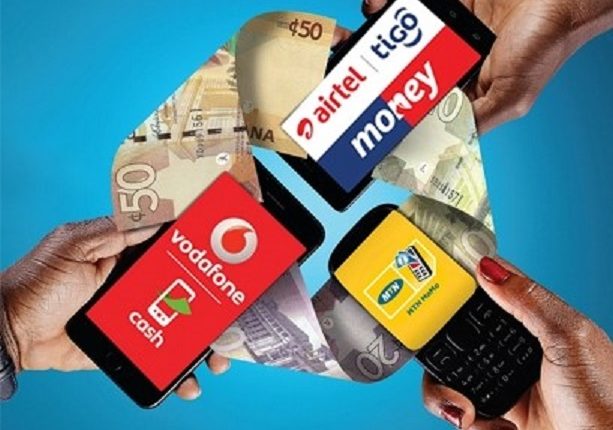Mobile money is now an indispensable part of the Ghanaian financial system. It provides a mechanism for more than 48 million account holders to undertake transactions.
According to the Bank of Ghana, mobile money transactions topped GH¢87.7 billion in April 2022, making them the dominant payment means in the economy. In countries like Nigeria, the mobile money service is bank-led.
Mobile network operators (MNO), such as MTN Nigeria, have recently had to acquire banking licenses to compete. In Ghana on the other hand, mobile money services provision is led by MNO and banks are assigned the role of funds custodians through a float mechanism.
The exponential growth of the mobile money market in Ghana has attracted banks to launch their version of mobile money, known as Ghana Pay, to capture the share of this mobile money market. Ghana Pay can be described as a mobile money service provided by universal banks, rural banks, savings, and loans institutions to individuals and businesses. Its prime purpose is to compete with the traditional mobile money service.
The launch of Ghana Pay in June 2022, by The Ghana Interbank Payment and Settlement Systems Limited (GhIPSS) – a wholly-owned subsidiary of the Bank of Ghana in association with the Ghana Association of Bankers (GAB), does not come as a surprise; the banks have been investigating ways to deal with the influential role of mobile money in the market for years.
Three paths are open to banks; compete, collaborate, or hybrid method that allows them to compete and cooperate simultaneously. In the past, banks had an excellent collaboration with the MNO in the mobile money ecosystem; the launch of Ghana Pay is a significant shift to the path of direct competition. The choice of competitive approach raises several questions.
Will mobile money users shift from traditional mobile money to bank-led solutions? What advantages do the bank-led solutions offer?
Mobile Network Operators’ advantage
Since mobile money services were invented and operated by mobile network operators, they have enjoyed and will continue to enjoy a significant first-mover advantage.
Many factors favour MNOs. First, they have an essential tool; that is, data about mobile phone users, which is very powerful and gives them a significant edge over banks.
Second, they have an extensive mobile money network which has become widespread over time, creating a system to sustain their relationships with mobile money agencies.
Obviously, these networks are not created overnight, so banks will struggle to build such a network in the short to medium term.
Third, MNOs are nimble and do not have a bureaucratic system, so they can innovate and efficiently serve a highly informal mobile money service sector.
Fourth, some people do not trust banks because of their poor service and the complexity they have to experience accessing banking services; therefore, they may not subscribe to bank-led mobile money services.
What do Banks bring to the table?
Although mobile money operators have a significant edge over banks in delivering mobile money services, banks are not a complete push-over when it comes to this.
Banks have been involved in delivering mobile money services since inception. For example, the delivery of mobile money loan services is successful partly because banks provide the capital to enable this.
GCB bank pioneered the delivery of mobile money services through G-money, with varying degrees of success. G-money proved that banks could deliver mobile money services in direct competition with mobile money service operators.
Other bank-led mobile money services are the Standard Bank’s Unayo, and Kenya Bankers Association’s Pesalink. Second, banks have capital; therefore, they have financial muscles and established systems to compete effectively in this market.
Also, banks can offer various additional financial services on the mobile money network and engage in predatory pricing to attract and retain customers; although this may not occur due to the current regulatory framework.
In conclusion, MNOs enjoy a significant first-mover advantage in mobile money service delivery thus, banks require more innovative strategies to stand a chance of competing. Interest rates are a case in point. MNOs pay an average of 5%-7% on mobile money deposits, whereas banks pay an average of 4% on savings.
If Ghana Pay were to pay higher interest rates than mobile money services, that would be a good start. In any case, the mobile money train is in the high-speed lane, and banks may find it difficult to catch up.
Given this, coopetition (i.e., competition fused with cooperation) will be the best short to medium term strategy for banks looking to enter the mobile money market.



